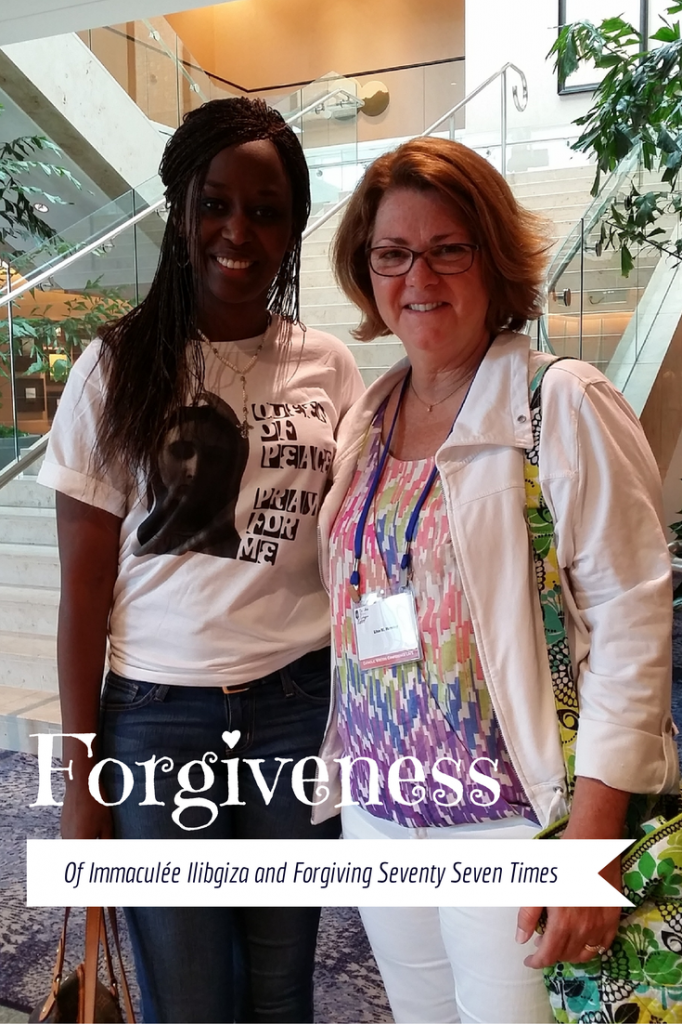Today, I continue my 100 day series remembering the twentieth anniversary of Rwandan genocide. Please join me in prayer for those lives lost and impacted in this tragedy. #NeverAgain. LMH
This brief speech by President Kagame will give readers who have not previously “met” him a good sense of his agenda for Rwanda as the country continues to emerge from its post-conflict phase into a future that will hopefully include prosperity and peace for all Rwandans.
In one portion of his remarks, President Kagame discusses the “gacaca” process of justice:
Establishing peace and security were the foundation for anything else we hoped to do. The forces that had just committed the genocide were camped only a few kilometres from our border, and tried to continue the Genocide targeting survivors and witnesses.
Meanwhile, the international community began the largest humanitarian operation in history to support them, and claimed to be powerless to separate refugees from armed groups.
There could never be peace under those conditions. We had to act. In late 1996, Rwandan forces separated the refugee hostages from the genocidal armed groups, and in the space of a few days, more than two million Rwandans returned home, walking back to their villages — where they have settled ever since.
This development made the search for justice and reconciliation an even more urgent challenge. Many of the returnees were involved, directly or indirectly, in the genocide. They were now living side by side with survivors.
What does justice mean when millions of people participated? What does reconciliation mean when perpetrator and victims see each other in the market every day? The rebuilding process required us to find the right balance.
To achieve this, we chose Gacaca, a community-based system of conflict resolution that would deliver restorative justice, as well as bring the society back together.
Cases were heard and judged at village level. In exchange for telling the truth about what they did and saw, perpetrators received reduced sentences or performed community service. Through Gacaca, Rwanda tried two million cases in ten years, completing the process in 2012.
Of course reconciliation and justice are not one-off events, but a long-term national process that requires continuous dialogue at all levels.
We are working to entrench new thinking about Rwandan national identity that transcends the ethnic ideology promoted by previous governments. The purpose is not to erase diversity or deny history, but rather to help Rwandans see themselves first and foremost as compatriots.
I encourage you to either watch the video above or read the full text of the speech here. I think you’ll see that President Kagame strikes a good balance between commemorating the past and addressing an ambitious agenda for Rwanda’s future.












